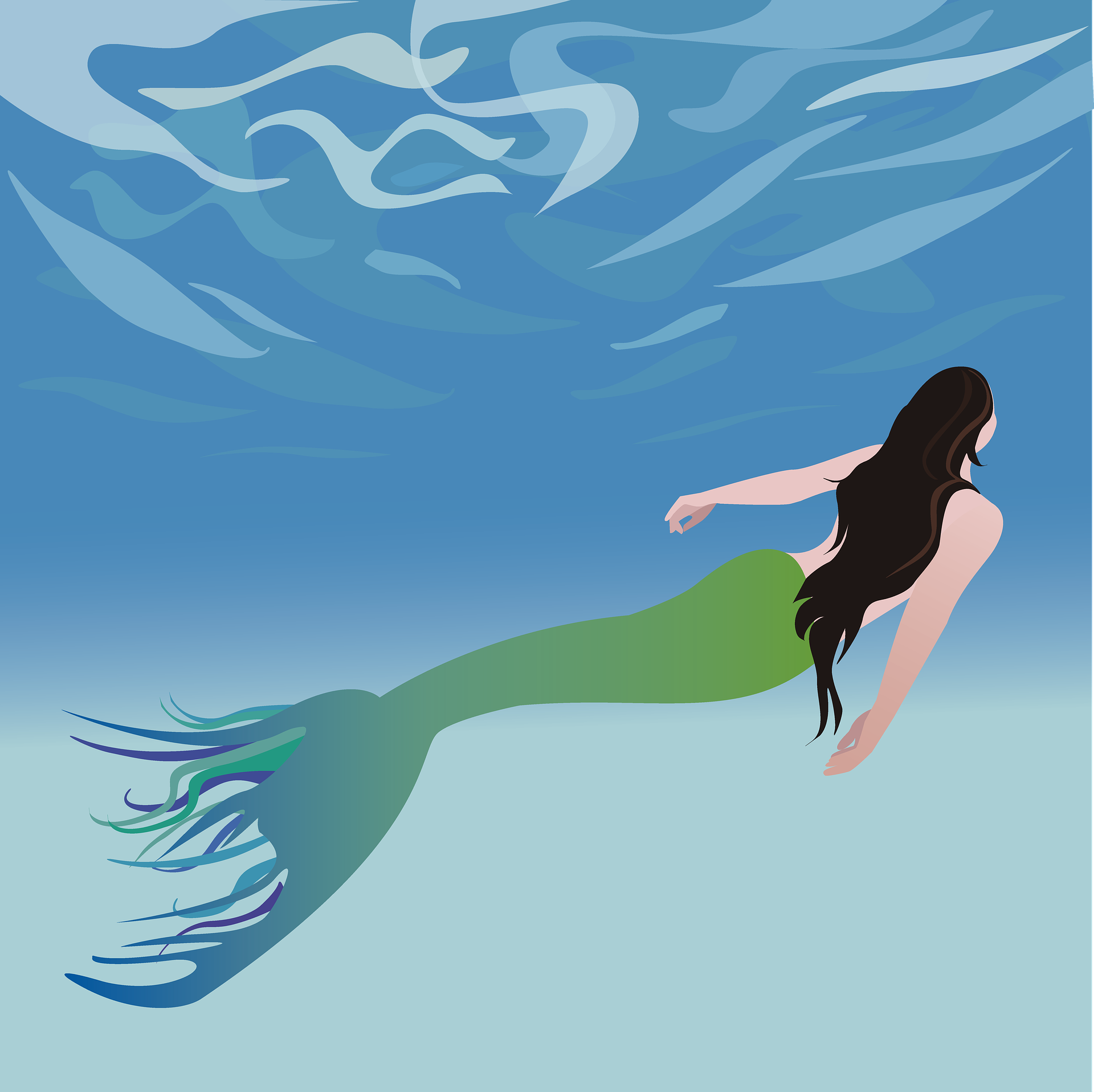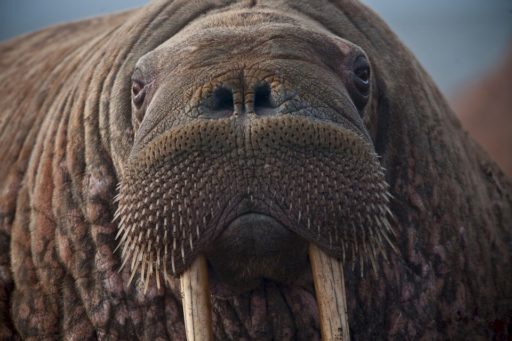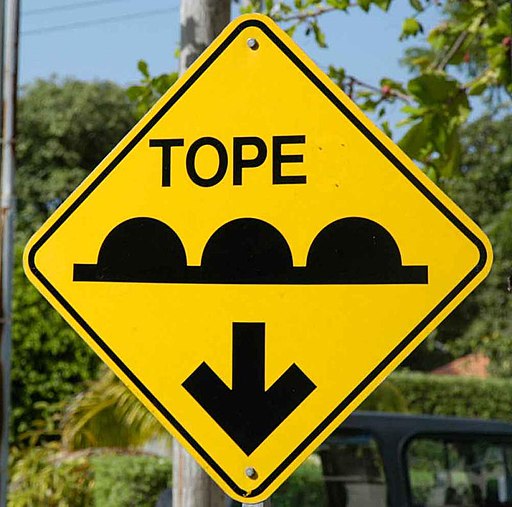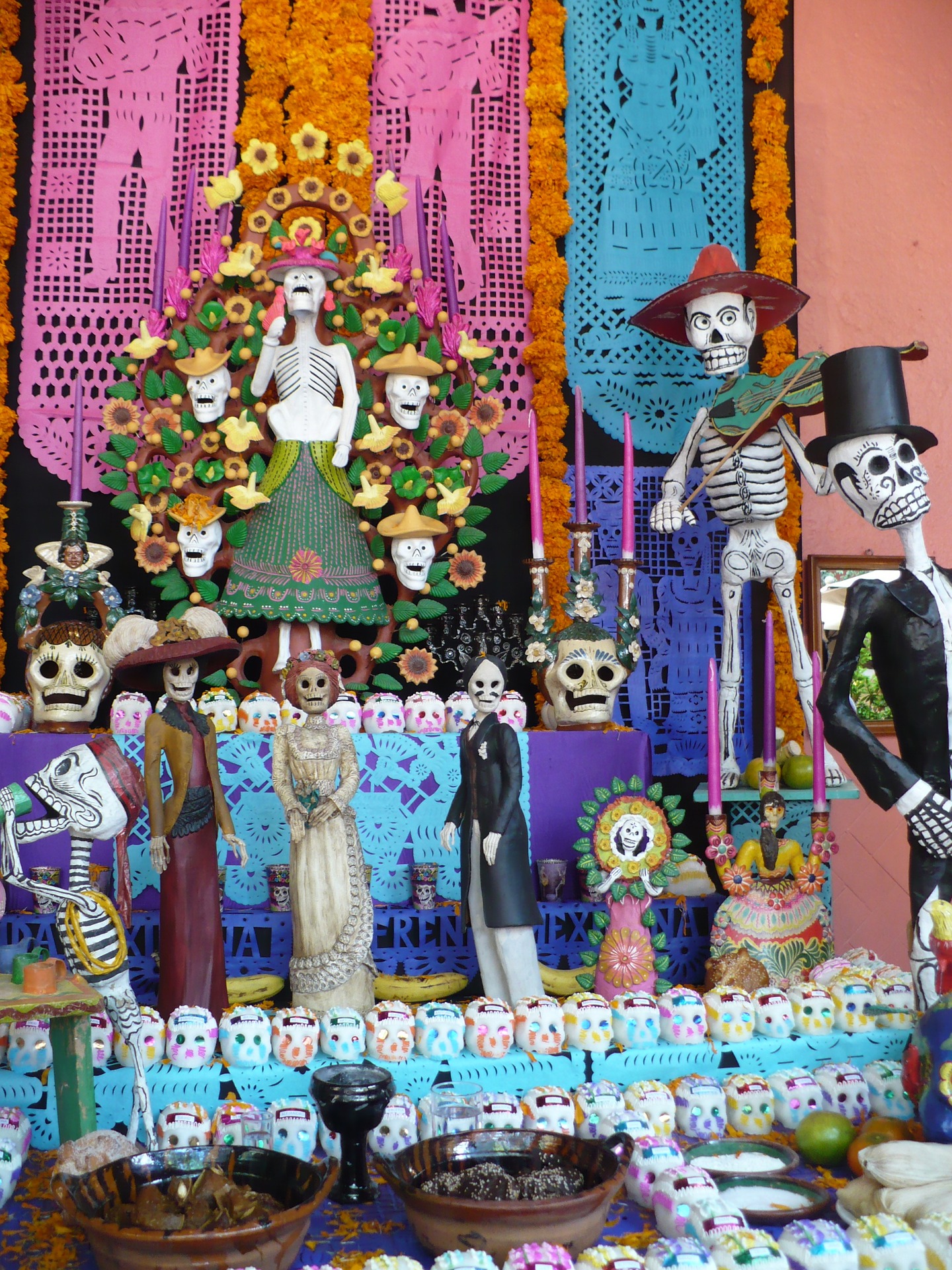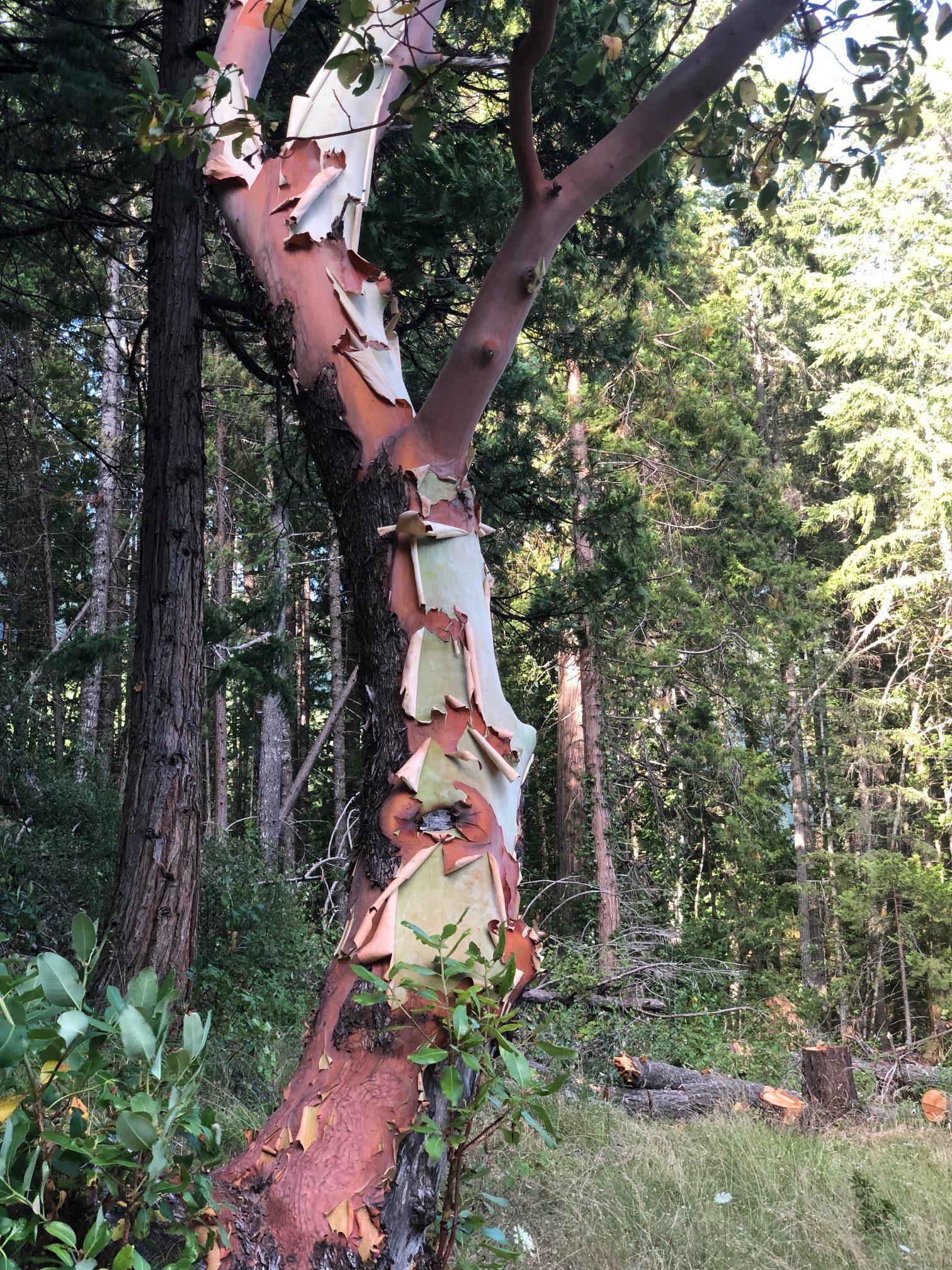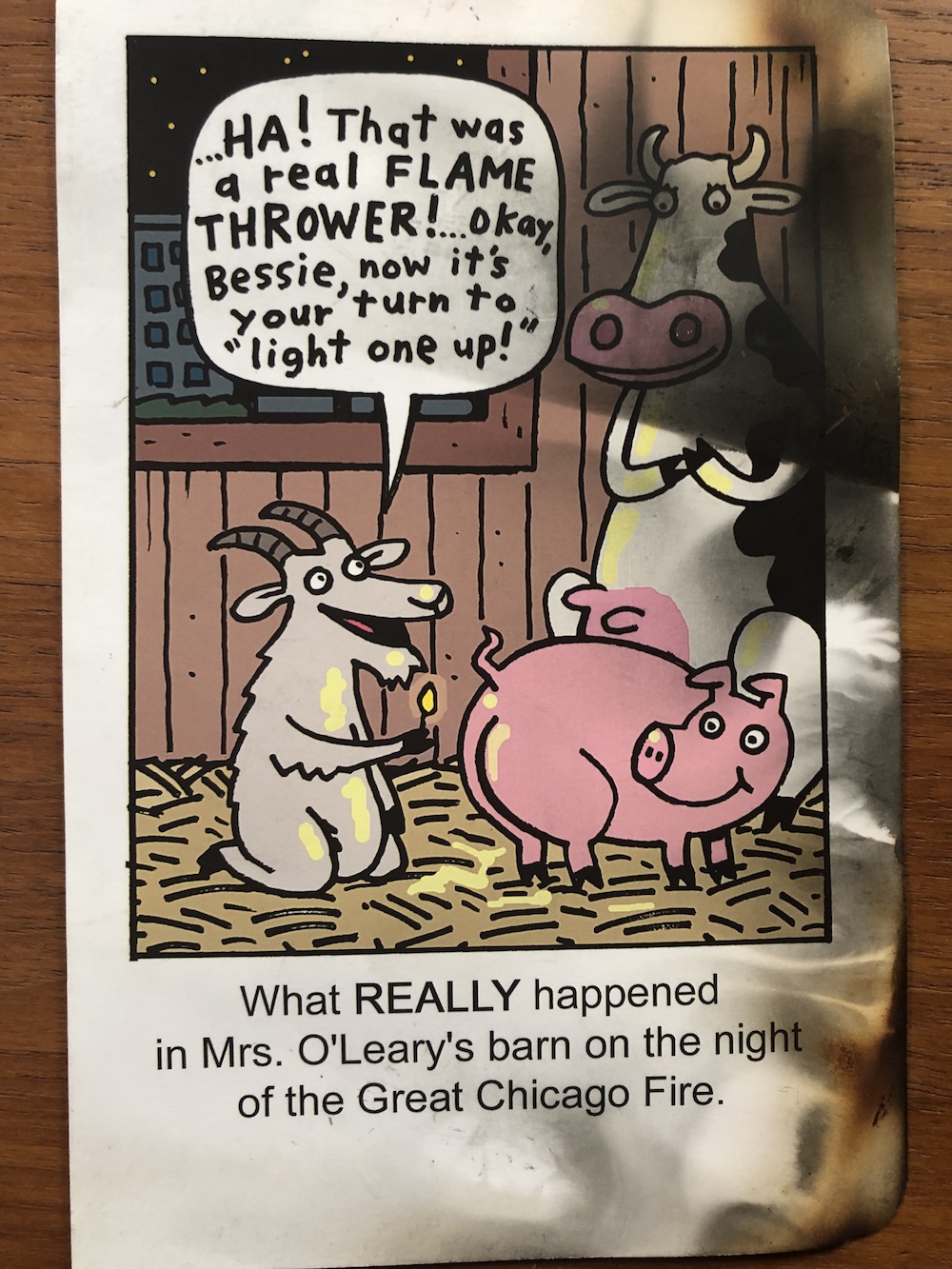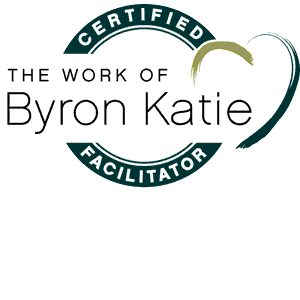Life Is a Demanding Lover

This summer I turned a new page in my imagined book of life. Perhaps it’s even a new chapter. I’ve done the math so many ways: I’m entering the last quarter of my life (if I live to a hundred). Or, more realistically it’s the last one-sixth of life coming up (if I top out at ninety). In other words, I turned 75.
It took me a while to come out because, for the first time in my life, I didn’t feel so proud of my age. Perhaps all the ageist humor about my generation has taken root in my head. Or maybe it’s the Post-it notes I unintentionally slap on to “people of that age,” a lifetime habit. Yesterday when I was at the hospital for a routine procedure, a nurse looked at my chart and asked if they got my age right and gave me a Girlfriend Thumbs-up.
For a long time now people have seemed sincerely surprised when I reveal my age, having assumed that I’m still in my youthful sixties. Or at least that’s what they say. So maybe I’m not the only one with the Post-It notes.
I spent most of the early summer in a Life Review Project. What a luxury to be able to take slow-down time to question childhood assumptions and discover lessons that life just keeps teaching me! The more I look inside, the more I see. I still have a host of other assumptions and beliefs about EVERYTHING having to do with aging. The truth is I’m fortunate to be reasonably healthy. As far as I know, no wicked cells are lurking in my body planning a coup. And, although my memory for details is sometimes hazy, it feels like something stronger has taken hold. Perhaps it’s wisdom, grounded in the losses of these years which serve as continual reminders of life’s impermanence.
Besides, it’s very clear to me that my Eternal Self has no age whatsoever. She also doesn’t even have a name, she reminds me, usually with a wink.
A T-shirt caught my eye while I was on a recent ramble. Reality is a Demanding Lover, it said. The phrase resonates like a Zen koan. I remember all the times I’ve bet against Reality and lost, discovering in the process what it takes to truly cooperate with Life. The longer I think, the more I notice myself writing another, equal, message, perhaps for the back of the T-shirt: Reality is a Generous Lover.
And I know both are true. Life has sometimes slapped me with demands that I never would have believed that that I would be able to meet. And then it has generously showed me that there is more than enough support to meet it all. The more often I surrender to reality, the easier life goes. And so I surrender once more. When all is said and done, my initiation to the last one-sixth of my life has left me with more clarity. I’m officially committing to spend the rest of my life learning to love life better, whether reality is demanding or generous. I’m down for all of it.
May your passages be as gentle.
- ——
Wounded Love
I
Last night a drawing caught my fancy.
Wounded Man.
500 years old,
A cookie cutter outline of a human form
Impaled by knives,
by swords, by arrows
pierced ten, twenty times, more,
soon to become an index for the very
first doctors.
Wound Woman,
I thought,
That’s what I feel like today,
I see this body,
riddled as it is
by wear,
by steps and missteps
held together
for a time
by miracles
and titanium.
I think of this
brave heart,
how it expands
again, again, again after each break.
I looked down to see
a landscape carved by life.
In gratitude,
I call all of this Me.
II
I take Me out to a concert in the park.
How’s your summer going?
The standard greeting rushes out
when I see my
long-missed friend.
Then, remembering his body’s battle with cancer,
I tender the next question
How are you feeling?
Okay, he answers,
on the weeks I don’t have chemo,
That’s half the time,
which is pretty good.
He tells me of trips to see his sons,
stare at the stars, listen to music
savor the company of friends
How do you keep going? I ask,
suddenly aware of my complaints
of creakiness and fatigue.
He gently holds my eye.
I love life, he says simply.
And that answer catches the breath
and still rings bright and true
as summer breeze turns to fall.
— SgB 2023
How to Celebrate Survival: Sidewalk Art and What Matters

I know you, she comments, toddling along in tiny half steps, supported by her walker.
I squat down to get closer. “Listen up!” I remind myself, aware of how quickly she could pack her wisdom in just a few words.
“You’re a survivor,” she declares. “And you should tell everybody that a 97-year old woman told you that!”
I’m visiting my friend Anna Marie at her care center. This was to be the first of many short visits we would have now that she was settling in closer to me. We both knew that something would be coming for her someday, probably soon, given her age and fragility. This made each word from her mouth precious.
I could never have imagined then the pandemic cloud that would swing our way a couple months later. Or that both she and John, her life partner of more than seventy years, would each die merciful deaths in those years. Just now, four years later, I’m passing her words on to you, wondering what she meant when she called me a survivor and why it was so important that I pass it on.
Anna Marie was my best friend’s mom. She was the most talented listener I’ve ever known. Although I now know that she might have seen me as one of one of her special support projects, she never let on at the time. For several years I was often overwhelmed maneuvering through serious dysfunction in my family of origin. On any given Fourth of July or family birthday you might find the two of us huddled, chatting in a corner. I’d report the latest drama or tragedy, and she’d mostly just listen. Over time she became a kind of personal Yoda, with her tiny stature, her kind heart, and her pithy observations. So when she had something to say, I listened up. I knew that any words of wisdom that she offered would likely be chewable for a long time.
But. Me? A Survivor? I just couldn’t see it.
At my stage of life, everyone is a survivor of something. Being upright and alive after sixty is qualification enough. Most of my life I’ve been a juggler, determined to keep all balls afloat, somehow believing that I could also manage the lives of a several other people in my orbit. My plan was this: I would keep their lives from exploding and avoid getting the mess all over me. (I know. A great plan. And hopeless. For one thing, follow-through on way too many decisions is up to them, and they didn’t have my superior skills in project management.)
But. Me? A Survivor? As I visit the idea today, I still struggle to find it. Not me. I’m not a Survivor. I never had to fight or flee for my life. I’m not in the category of people who have truly earned the distinction of a Capital “S” for the generations their families have survived. (At least we finally have holidays like Juneteenth celebrating some of these Survivors.)
As far as survivors in my personal life, Survivorship honors go to a dear friend who’s still bringing home Pickleball trophies despite her Parkinson’s diagnosis of several years. Or one who just completed chemo treatments for her ovarian cancer. Or another who did all the caregiving for his beloved wife as she slowly died of a brain tumor.
However, I do have some experience with “small s” surviving and perhaps even thriving when others were stymied or stilled. I’ve lost nearly every member my first family from self-harm (either literally through suicide or passively as the consequences of drugs or alcohol took their toll.
I was lucky enough to experience serious depression as a teenager and young adult. Back then I swore I would do anything to avoid a recurrence. And I kept my promise to myself to make radical self-care a top priority. Since then, I’ve developed a personal anti-depression protocol that includes emotional and spiritual self-love. I somehow survived to adulthood and now to true elderhood. I guess this makes me a survivor, even if I haven’t earned a capital letter S.
I’ve learned to give myself some credit for simply showing up as I am and listening to my inner voice. This may seem like nothing, but it all adds up. Because what I’ve discovered is that taking time to relish tiny ordinary moments of life is a secret to a gradually happy survival. I’ve learned to celebrate seemingly minor accomplishments and playful human enterprises, like sand sculptures or sidewalk art.
And so this summer and fall I’m acknowledging my survival and the thriving life of a Survivor by checking out some Sidewalk Art festivals. The summer tradition is popular here in the Northwest. Many cities around the US host similar events.
Survival Sidewalk Chalk. Why not?
Survivors and survivors, unite!
———-
Mo Love
Years before encampments,
just those two words scribbled
by a hobo in a stocking hat
dragging himself on a skateboard
having lost his wheelchair again,
moved by his mission,
to remind them what matters:
Mo Love.
They called him Flipper before he was born
for his ceaseless movement.
And when he emerged they called him Philip.
Or Prince Philip of the Silver Spoon,
dressed him in the style of the President’s son,
cheered every season:
football, basketball, track
always a starter, an American hero
Phil.
What happened next is not new
for golden boys
who begin with victory and hope.
Assurance just beyond the next step
until he landed on the wrong side,
in a pool of alcohol, drugs
and broken promises.
At last a fall from a slick roof
shrank his athletic limbs,
cut short all the rich opportunity of his birth.
Mo Love.
He called himself Mo,
for his home state,
Last name Love,
for the home he never left.
— SgB 2023
Spring in the Land of Longing

Happy Spring!
Wherever I go lately, people are lit up. It started here when we were graced with two straight days of sun following three full weeks of rain. Trees delayed by a very late winter suddenly flowered with a vengeance, as did allergies, but we didn’t mind. Spring has always drawn people here in the Northwest out from under our rocks to bask wherever (and whenever) we can. But this year is different, with a communal sense that we’ve made it through Something Big, Or several Somethings Big all at once. Global pandemic and Rampant Wildfire Big, just to start the list.
The fires are behind us for now, but we’re still assessing the damage. Old haunts and hidden gems have been erased. The mountains are still blackened with falling trees. But undergrowth and wildflowers are returning, and gradually homes and businesses are too, at least those that can. Even if it were possible to rebuild, the communities that burned to the ground will never be the same.
Wherever you live, whatever natural (or national) disaster you’ve faced, human hearts around you are just beginning to recover, still bruised from so many losses and so much fear. This is the great tragedy of all the Big Somethings we’ve faced: a reluctance to trust or rely on each other like we did before. Many of us are deeply lonely: statistics for the US say over 30% of adults and higher for young people, and these numbers are growing throughout the world. Even if we’re not lonely, we all long for connection, a problem that can seem overwhelming at first. But nothing could be more important. In the end, the best way to cure the cost of social distance is with social connection, which is the best glue to hold us all together as we move forward.
The facts are these: we’re all humans who are facing hard realities. AND we desperately need to be with others for mental, physical, and spiritual well-being. According to the brand-new US Surgeon General’s Advisory, a lack of social connection (or belonging) is a mortality risk greater than smoking 15 cigarettes a day. The report is packed with research results, and it’s presented in a colorful, clear, and comprehensive form. The writing and graphics are compelling and easy to read, which is a bit surprising in a government document. Check it out here.
It’s a good thing that human beings usually have a strong need to belong. After all, our survival is at stake. But, just as important, we also have a longing to connect to something Bigger. Something Much Bigger. Bigger and Kinder.
Easier said than done. Loneliness and a desire to interact may motivate us to rebuild our lives, but the old ways don’t feel natural. We have changed and so has the world.
Social media, although lifesaving, doesn’t meet the biological desire for real presence. With eye contact. And conversation. (I know. I’m old fashioned.) So here we are: Longing to connect others and yet finding it uncomfortable to reach out. It may no longer feel intuitive to reach out to strangers, but we can do it.
All each of us can do is take a next step. The one that hasn’t happened yet. A smile, a wave, a kind word. Help a neighbor out. Assume good intentions. Notice the places you’d like to belong. Take the step you know to take. A coffee date, a volunteer shift, a language or yoga class, a family or community celebration, involvement with a cause that has meaning for you and for the world. Make your own list.
Each day brings a new opportunity to take the next awkward step. This is how we learned to walk, and it’s how we welcome ourselves back to humanity. Little by little.
May all of us find the courage and creativity to greet whatever (and whoever) awaits us as we honor the importance of belonging. Together.
Spring in the Land of Longing
I am from the land of cinnamon and longing
Chocolate and longing
Incense and longing
And I don’t belong here.
I don’t belong anywhere.
This is how we are in the Land of Longing.
We do not belong anywhere.
Take springtime.
Even though
we feel the hope of flowering blossoms
Spring isn’t for us
because it reminds us (screams at us really)
that it’s leaving soon and so are we
and besides
it’s never as sweet
as that one time.
The people from my land
do not belong anywhere
Except that one place
the one that hasn’t happened yet.
That one. That’s the place.
A place to start.
—SgB
May, 2023
Lessons from a Rescue

April, 2007.
I retrieve the local paper from the driveway. Page 1 is filled with accounts of a puppy mill raid. About ninety designer mutts in desperate need of foster families. The single-wide trailer where they procreated and fought and chewed through the floor to find food was now emptied, the owner awaiting trial for the second time.
It’s my first morning back from an intensive life coach training, and I’m definitely on the lookout for coincidences. The leader of the course, a famous writer, was known for something she called the Technology of Magic. She wrote Get a Dog! on the title page of my copy of her new book. This puppy mill coincidence seemed pretty magical, so I head down to the shelter, curious but not convinced.
I get there to find cages with various combinations of Maltese, Yorkie, Chihuahua, and Papillon mutts stacked into a very unstable doggie high rise that rose to the ceiling. It’s a frantic, chaotic scene. Some of the animals are starved skinny. All are barking.
I’ll just look for one that’s not barking, I thought. And there he was, poised at the entrance to a crate full of fuzzy mutts, sitting calmly and gazing around him like a Beanie Baby Buddha.
Then we found out he was only about eight weeks old. No problem, said my inner genius. He’s too young to be messed up by his surroundings, given some good training. And so we took him home to “foster,” (My family used air quotes too). Once there, I gave him a bit of water and kibble. His eyes lit up. “My person” could’ve been written in neon over my head in dog writing.
And that is how it was for the next 16 years. Within days he figured out that his main job was to be a therapy dog in the Oasis. And I’ve been accompanied by a little white shadow ever since. Forget about privacy. Doors not firmly shut would be likely nudged open by a nose during one of his ongoing sweeps of the house.
He was eye candy his entire life, from an irresistible puppy, to a stately, 15-pound senior. We called him Calvin for his cowlick hairdo, his wide-eyes and mischievous nature.
It didn’t take long after we got him before we discovered that his anxious attachment to me was becoming a problem. He occasionally nipped people who hugged me, so I stopped hugging my friends when I encountered them on the bike path outside our house.
Experts were called in. Training commenced, with spotty results. He nearly got himself killed in the dog park when he squared off against a German Shepherd. This was before he got his testicles out, but he held a grudge for pointy-ears his whole life. And that life ended naturally last month.
During his lifetime, Calvin must have nipped or bit at least ten people, most of whom were admiring what a cute little dog he was. Only two reported him. This earned him a tag labeling him dangerous. That tag is on his collar on the mantel now, right beside a hand carved box with his ashes and a snip of his soft white hair. And a beautiful memorial portrait on a Christmas ornament hand painted by his admirer, Liz-e. His hypervigilance is over, and he is at rest.
Being Calvin’s person taught me many lessons, but the biggest I think is this: Never underestimate the power of early childhood (or puppyhood) trauma. The neural pathways established in the very earliest stages of life never quite go away. But if we can meet the victims with something like the patience and devotion that our pet offers us, our hearts grow a bit wiser, kinder and more compassionate. And that compassion can extend even toward ourselves as our own hearts heal from life’s inevitable losses.


